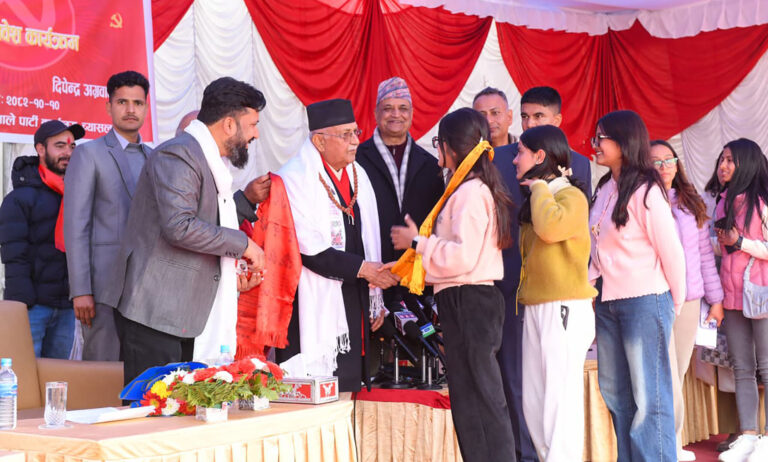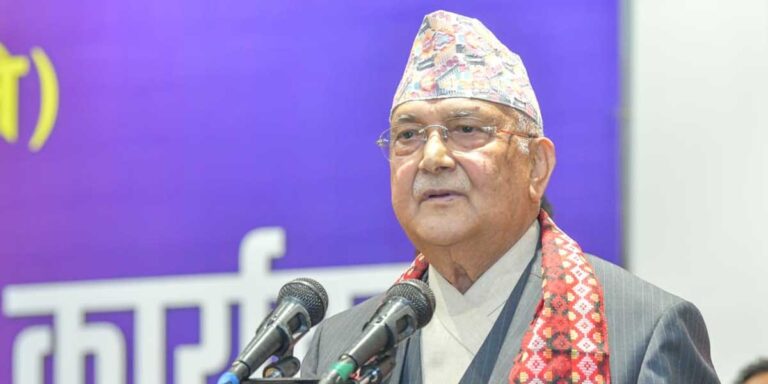
Health and Population Minister Pradeep Paudel has cautioned that loosening laws related to human organ transplantation could lead to misuse and unethical practices.
Speaking at the inauguration of the Global Mega Blood Donation Program organized by the Brahma Kumaris Rajyog Seva Center in Lalitpur on Sunday, Minister Paudel emphasized that Nepal currently does not have sufficient availability of six major transplantable human organs, including kidneys and eyes.
He warned that if the law is made too lenient, allowing people to freely donate organs to anyone, it could result in exploitation and black-market practices. Minister Paudel cited Iran’s model, where organs can be harvested within 24 hours of brain death for transplantation to those in need, as a successful example.
Paudel said, “We do not have enough kidneys, livers, or eyes for those in need. Six organs can be transplanted from one body to another. Making laws that allow organ donation without strict regulation is not feasible, because organs could be sold. In India, until 1982, people could freely donate organs, which led to many poor people selling their organs. That practice was later banned. In Nepal, even among relatives, the scope for donation is very limited. The solution is the method used in Iran—after brain death, organs can be harvested within 24 hours and stored for transplantation. This way, a failed kidney recipient can get a kidney, and a visually impaired person can receive an eye.”




